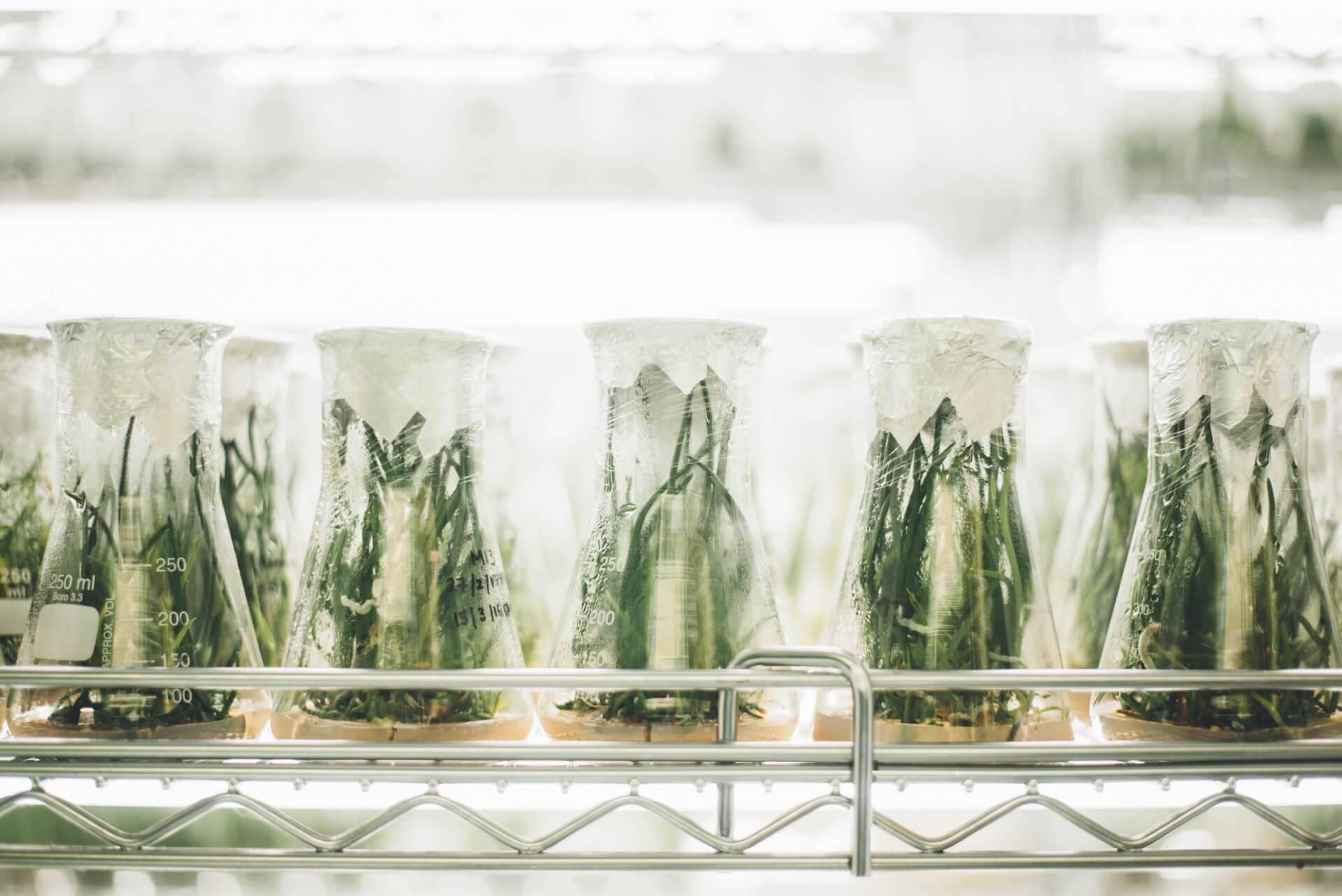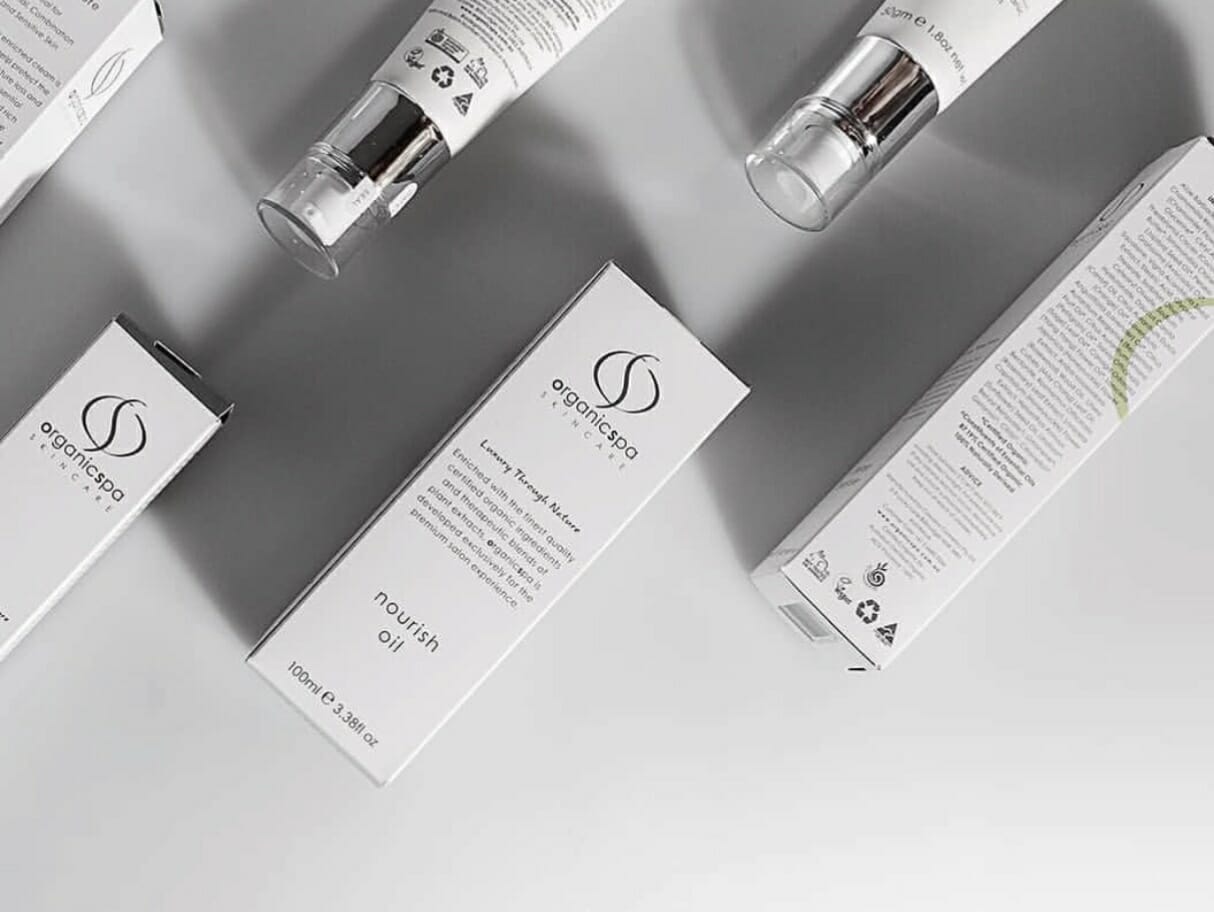With recent education and knowledge, we as a society are saying NO to toxins. We have decided to ban together to create a healthy lifestyle and sustainable environment. This is mostly found with our food choices, as we are now opting for fresh, toxic free, fresh fruits and veggies. As a result we are stopping processed foods and preservatives entering our body. We are conscious, we are awake and we are ready to change what we are putting into our body.
So why are we not conscious about what we are putting on our skin?
Skin conditions, irritations and even hormonal dysfunctions are normally directly related to the toxic ingredients that we are applying to the skin. The skin will absorb up to 60% of these ingredients which will release into the bloodstream. Do you feel like your skin is sensitive ? And so are your friends skin? Or feel you can often react topical ingredients you are applying? And all of a sudden most of the demographic is suddenly ticking sensitive on their consultation form or saying yes to a sensitive cleanser on the shelf?
This can be a common misconception of what true sensitivity is, a true sensitised skin is inhibited with conditions such as inflammation, rosecea, eczema and psoriasis. Sensitive skin can often be confused with reactive skin, as the skin can react to certain toxic ingredients found in a large number of products on the market.The trick is to be toxic conscious, before applying the product stop and think of your skin as a sponge. Once the ingredient is applied to the skin it takes 26 seconds for an ingredient to absorb into the bloodstream. Shocking I know.
Our beautiful skin is actually the largest organ of the body, thats right its an organ! So when we think about how carefully we treat our internal organs we should be doing the same to keep our skin health.
Knowing Your Toxins
Most will be found in your everyday skincare and personal care routines such as.
- Most Skincare i.e Cleansers, Exfoliants, Serums and Moisturisers
- Shampoos and Conditioners
- Hair dyes and Hairsprays
- Soaps and Synthetic Fragrances
- Nail Polish and Makeups
- Body Wash, Toothpastes and Deodorants
What To Watch For In These
- Parabens such as isobutylparaben, butylparaben, methylparaben, propylparaben
- Synthetic fragrance, parfum
- Phthalates such as DBP, DEHP, DEP
- SLS and SLES
- Petroleum, paraffin, mineral oil
- Formaldehyde
- Hydroquinone
- Mercury such as thimerosal and merthiolatepropylene glycol
- Triclosan
- Coal tar dyes such as aminophenol, diaminobenzene, phenylenediamine
- BHA butylated hydroxyanisole and BHT butylated hydroxytoluene




